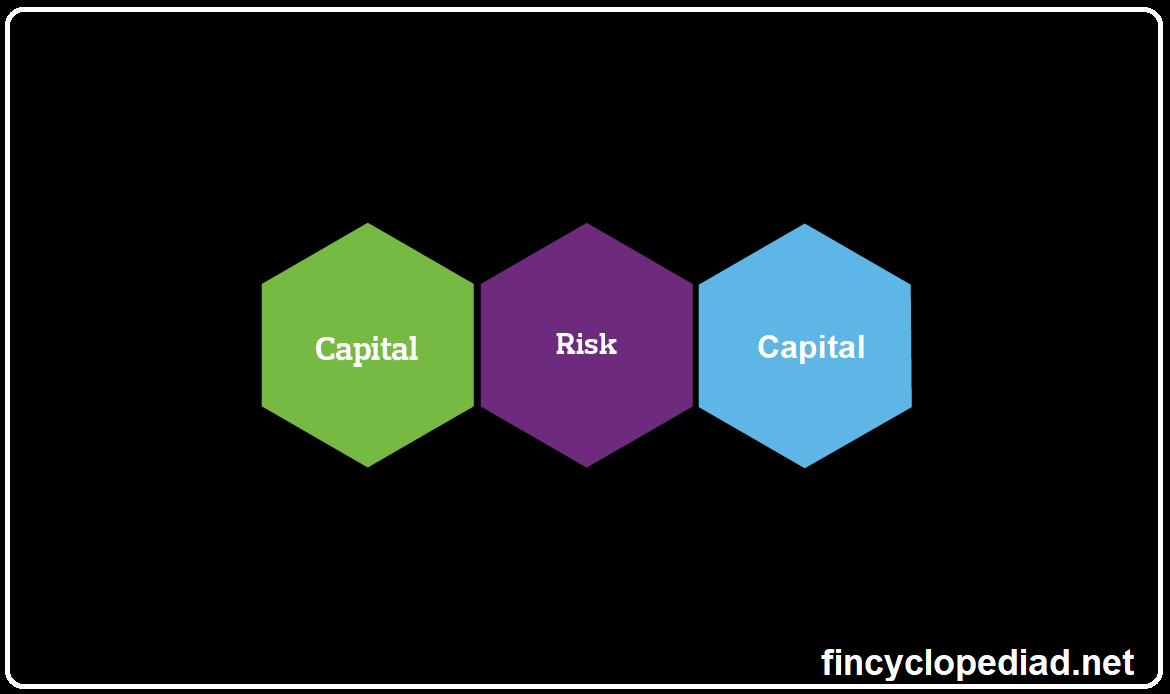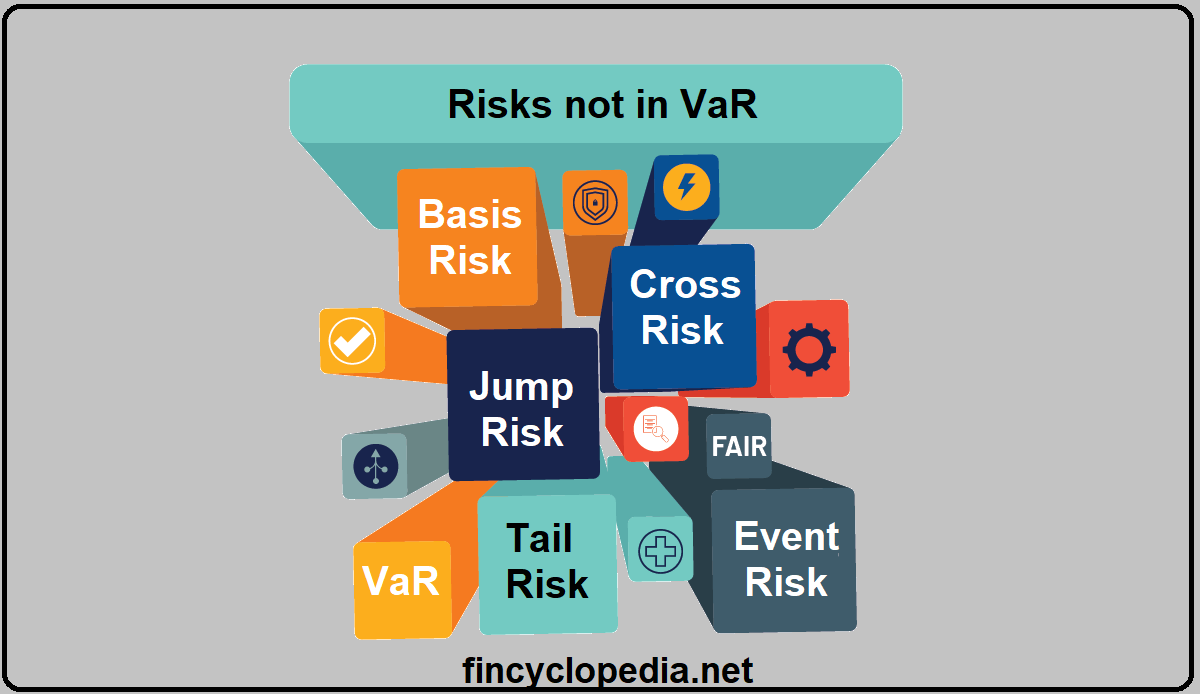A measure of risk (value at risk, VaR) that captures the smallest level of underperformance (in a portfolio, or in connection with an investment or a position) relative to a specific benchmark, that would be observed as having occurred with a given probability over a period of time. In other words, relative VaR can be defined as the VaR of a portfolio/ a fund divided by the VaR of a selected benchmark or a comparable, traditional portfolio/ fund (traditional in the sense that it only contains traditional asset classes, but not asset classes such as derivatives). Given its relativity, relative VaR is limited to double the VaR on the benchmark or comparable portfolio/ fund.
The benchmark varies from an industry to another: for asset managers, it is an investment benchmark, for hedge funds, it is cash-based, and for pension funds, it is liabilities.





